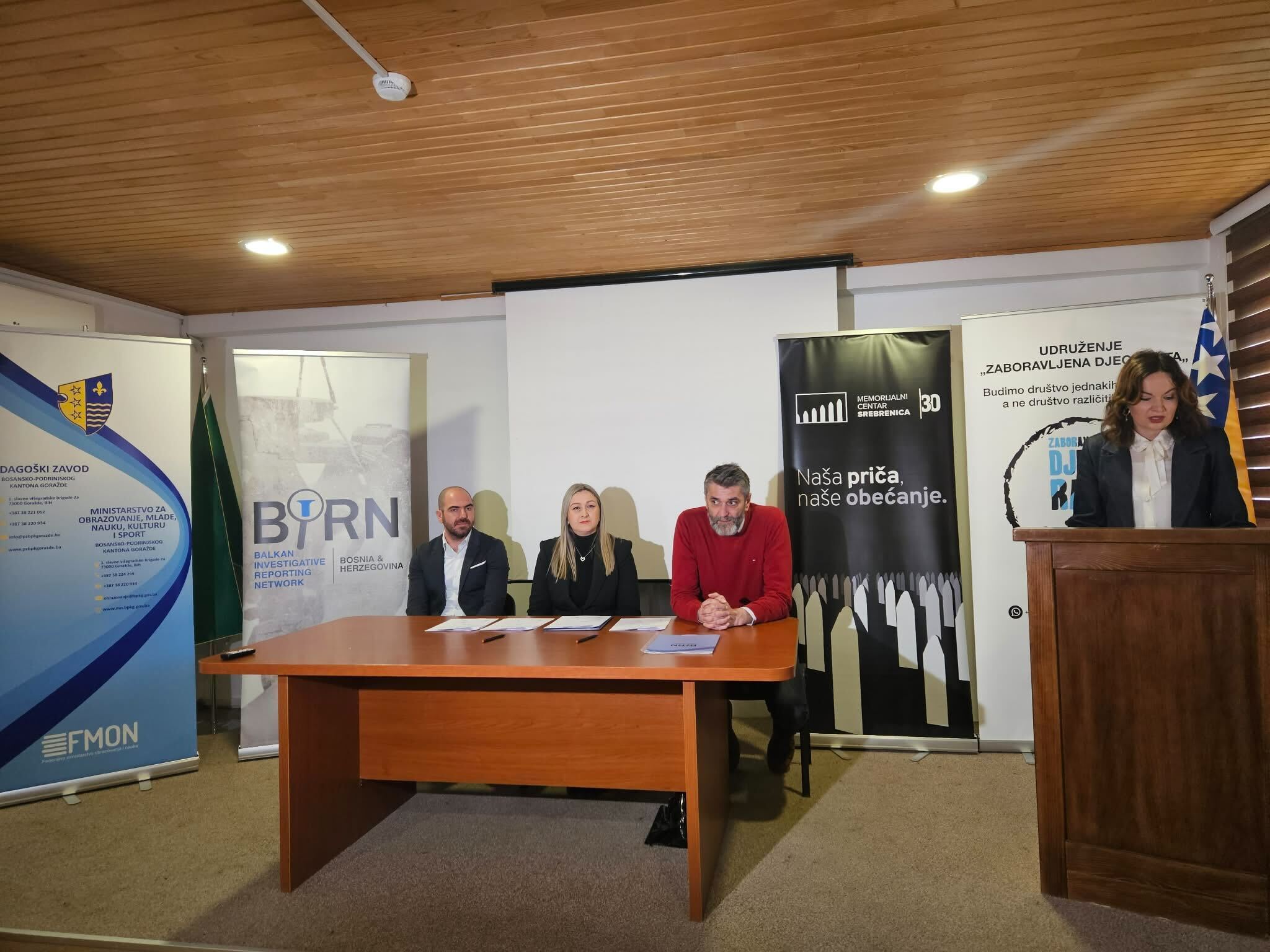This post is also available in: Bosnian
The report by the Dutch organization, which deals with human rights protection, was presented at a round table in Sarajevo on Monday, June 25. A series of recommendations for authorities, NGOs and donors were presented at the roundtable discussion, in order to improve the position of war victims in the country.
The research, the aim of which was to establish whether male and female war victims have different needs, took six months. According to Maja Sostaric, an Analyst for Impunity Watch, Bosnia and Herzegovina authorities do not allow the same level of access to transitional justice mechanisms to male and female war victims.
The biggest difference between women and men is seen in the reparations segment. Women are a particularly vulnerable category of people, considering the fact that they often lack access to health care, live in rural areas and lack equal access to rights, Sostaric said.
Representatives of the Court of Bosnia and Herzegovina, OSCE, NGOs and associations of war victims attended the presentation of the Impunity Watch report, entitled Gender sensitivity of the processes of truth, justice, reparation and non-recurrence.
Minka Kreho, judge with the Court of Bosnia and Herzegovina, said that court processes, i.e. war crimes trials, were at the centre of the search for truth by war victims, so it was important for authorities to make sure that the judiciary has the capacities needed for its work.
Over the past period the Court and Prosecution of Bosnia and Herzegovina have had primacy over other bodies in dealing with war crimes cases, but we have transferred about 250 cases to entity judiciaries through the implementation of the War-Crimes Processing Strategy. We can already see that those entity courts have problems with dealing with those cases, Kreho said.
The Impunity Watch report suggests that judicial institutions in Bosnia and Herzegovina should employ more women, prioritize and accelerate the prosecution of wartime rape cases and other forms of wartime sexual abuse, as well as hire judges and prosecutors, who will exclusively deal with this type of war crime.
Representatives of the International Commission for Missing Persons, ICMP, United Nations Development Programme, UNDP, the Swiss Association for Impunity, TRIAL and Association for Transitional Justice of Bosnia and Herzegovina addressed the roundtable, praising the Impunity Watch report and stressing the need for implementing its recommendations.
D.Dz.

